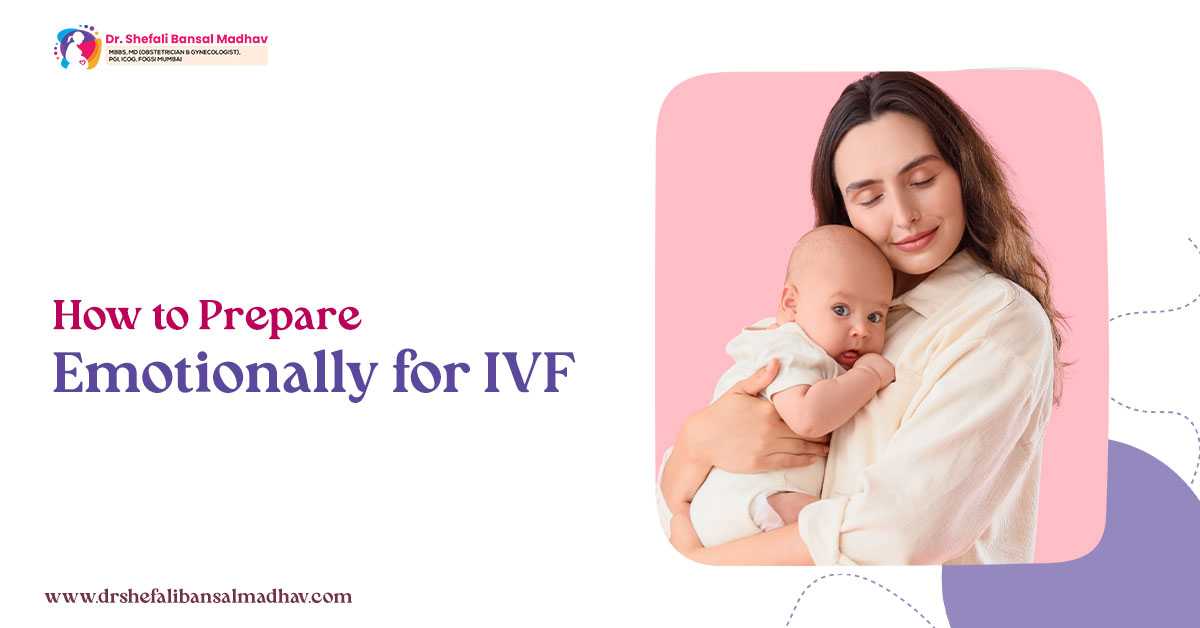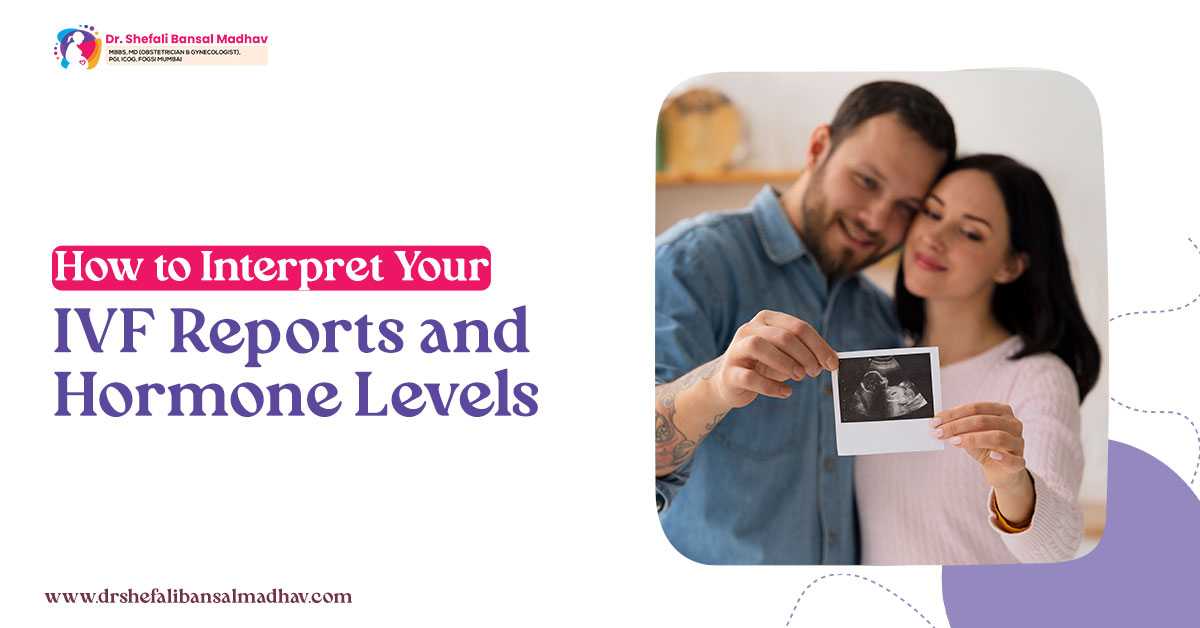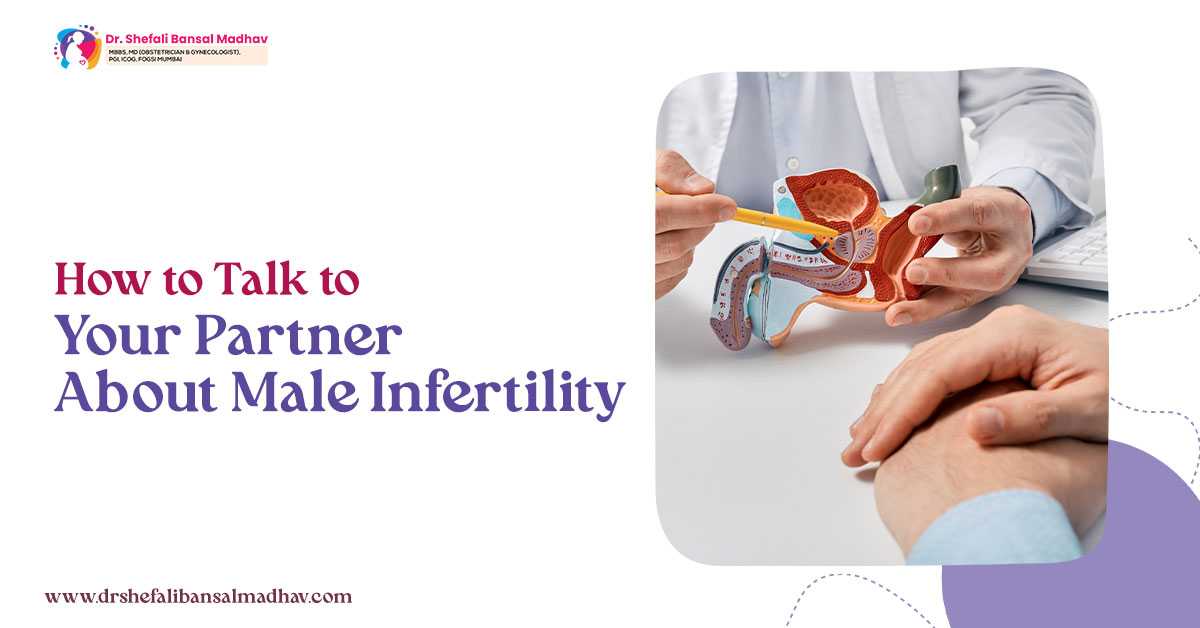Ovarian hyperstimulation can be a result of hormonal shots during IVF. This syndrome means a dramatic response to excess hormones, which usually occurs due to injectable hormone medications to stimulate the growth of eggs in the ovaries.
As OHSScauses the ovaries to swell, it can be a painful condition. But, doctors are there to motor and treat OHSS optimally. Visit one of the top IVF doctors in Siliguri for comprehensive health support, from infertility care and IVF to gynecological services.
While In vitro fertilization (IVF) offers hope to countless couples struggling with infertility, one potential complication of IVF treatment is Ovarian Hyperstimulation Syndrome (OHSS). The discomfortdue to OHSS can range from mild to severe.
Here are nine crucial insights about IVF and OHSS to help guide you through your IVF journey.
1. Knowing What Ovarian Hyperstimulation Syndrome (OHSS) Is
OHSS is a medical condition that occurs when your ovaries over-respond to the hormones specifically administered to stimulate your ovaries during IVF. The goal of this phase is to stimulate your ovaries to create more than one egg - multiple eggs.
In some cases, the ovaries produce too many follicles, leading to swollen ovaries. It mightcause a leakage into the abdomen and a variety of symptoms ranging from mild discomfort to severe concerns.
2. What Causes OHSS in IVF Treatment?
OHSS more commonly results from the use of fertility drugs such as human chorionic gonadotropin (hCG). Though it effectively helps eggs mature before the egg removal phase in IVF, this can lead to overstimulation.
Here, overstimulation is responsible fora high production of vascular endothelial growth factors (VEGF). In women, VEGF causes blood vessels to become "leaky” if remains untreated or undiagnosed. Complications of leakage can be fluid accumulation in the abdomen and chest, etc.
3. Who Is at Higher Risk for OHSS?
- The truth is every human being is unique and not every IVF patient develops OHSS, but certain factors may increase your risk:
- Polycystic Ovary Syndrome (PCOS) is very common in women and PCOS can put a woman at a higher risk because here the ovaries are naturally more sensitive to stimulation.
- Younger age, especiallywomen under 30 are more likely to have OHSS.
- With high levels of estrogen during IVF patients, this can put one at risk of OHSS.
- Personal history of OHSS means if you have previously experienced OHSS, you may be more susceptible to OHSSduring IVF cycles.
Consult top IVF doctors in Siliguri for expert support.
4. Knowing Symptoms of OHSS – What To Watch For
OHSS symptoms can range from mild to severe and these include:
- Bloating
- Mild or moderate abdominal pain
- Nausea
- Weight gain due to fluid retention
- Vomiting
- Diarrhea
- Difficulty breathing
- Ovarian tenderness
- Tight belly
- Swollen belly
- Decreased urination
5. Mild OHSS vs. Severe OHSS
In mild OHSS, IVF patients may experience symptoms like bloating, nausea, vomiting, diarrhea, and mild belly pain.You can generally manage these symptoms with rest, prescription meds, and hydration.
Severe OHSScan lead to complications like breathing problems, blood clots in the legs, kidney failure, twisting of the ovaries fluid buildup in the abdomen or chest. Doctors will recommend hospital and special health monitoring for severe OHSS.
6. Knowing the Complications of OHSS
Complications of OHSS depend on how severe the condition is, including:
- Trouble breathing
- Blood clots
- Fluid accumulation in the chest or abdomen
- Tight abdomen
- Abdominal pain
- Ovarian torsion
- Electrolyte disturbances
- Raupture of an oavrain cyst
- Kidney failure
- Pregnancy loss
7. OHSS Doesn’t Always Mean a Failed IVF Cycle
Experiencing OHSS can be overwhelming, but it doesn’tsuggest the end of your IVF treatment. For women with mild OHSS, embryo transfer can still occur optimally. However, in severe cases, your IVF doctors may advise freezing the embryos and ensuring a delayin the transfer until you fully heal. Delayed embryo transfer can still give you a healthy pregnancy.
8. Adjusting Medication Doses Can Help
Fertility/ IVF doctors closely monitor your hormone levels and can reduce the dosage of fertility stimulation drugs to prevent OHSS.Instead of using hCG, your IVF doctor may use other drugs to mature the eggs or suggest embryo freezing.
9. There are Treatment Options for OHSS
If OHSS develops, treatment focuses on managing symptoms and preventing complications with rest, hydration, and over-the-counter pain relief. For severe cases, IVF patinetsmay require hospitalization to manage fluid levels and prevent side effects optimally.
Your doctors are there for you to monitor every step of the IVF cycle closely. Visit your trusted IVF specialist in Siliguri for advanced and comprehensive fertility care.







